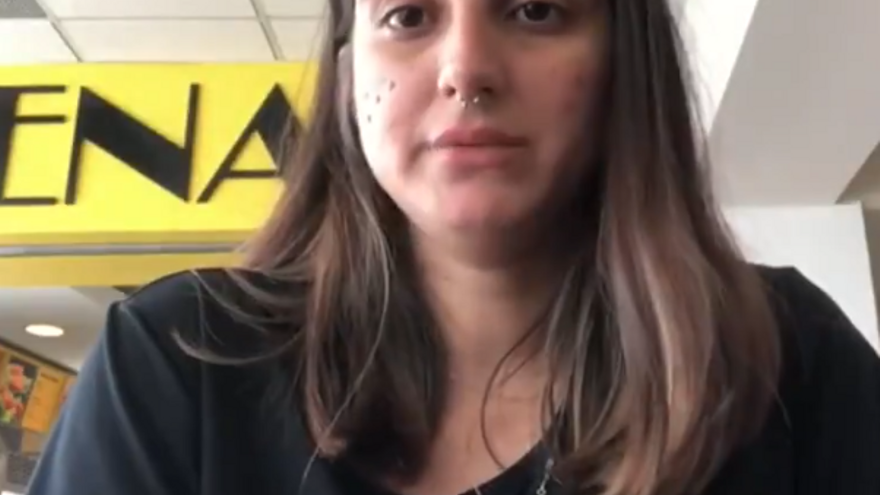
![]() 14ymedio/EFE, Havana, 11 June 2021 — On Friday the European Union announced it would not provide funding for the Central University of Las Villas after the school expelled students whom the Cuban government considers to be subversive. The Cuban Observatory for Human Rights (OCDH) also condemned the move on Wednesday.
14ymedio/EFE, Havana, 11 June 2021 — On Friday the European Union announced it would not provide funding for the Central University of Las Villas after the school expelled students whom the Cuban government considers to be subversive. The Cuban Observatory for Human Rights (OCDH) also condemned the move on Wednesday.
“It is not a given that the EU will fund this university. The EU supports specific educational projects as part of its program of worldwide cooperation,” a spokesperson for the bloc, Peter Stano, told the Spanish news agency EFE.
This week the OCDH reported that in 2019 the EU gave three million euros to the Central University of Las Villas (UCLV), which official EU documents described as “the most repressive in Cuba.” It cited the cases of Karla Maria Perez Gonzalez, who left for Costa Rica after she was expelled from the school, and Professor Dalila Rodriguez, who was fired in April 2017.
Regarding the Cuban situation, Stano told EFE, “There is a specific program for renewable energy and efficient energy use that focuses on advancing applied research in the field of renewable energy through a consortium of Cuban universities, led in Cuba by the UCLV, linked to EU academic institutions.”
Stano, who serves the EU as spokesperson for Josep Borell, High Representative for Foreign Affairs and Security Policy, said the funds are channeled through the Free University of Brussels, a Belgian educational center serving the Flemish community. He added that the EU is “tracking the implementation of this project through in-depth dialogue and monitoring its progress.”
In response to questions about the situation in Cuba during a debate on Tuesday in the European parliament, Borell told delegates that the EU does not provide economic cooperation funds to organizations controlled by the Cuban regime.
“We are providing 8.4 million euros to civic organizations, 7.6 million of which are managed by civil society organizations, which by definition are not part of the Cuban government,” Borell said.
He added that 800,000 euros are managed by Cuban civil society organizations “carefully selected” by the EU delegation in Havana under the condition that they serve the broader interest and act as mediators between the authorities and their citizens.
On Thursday the European Parliament approved a resolution sponsored by the European People’s Party, liberals and right-wing deputies which called for the release of Cuban political prisoners. Members also expressed regret that the island has shown little progress more than three years after entering into a political association and cooperation agreement with the EU.
Nevertheless, Borell defended the agreement in the parliamentary debate, saying it has provided a “stable framework for a ongoing political dialogue and cooperation that did not exist before” and allows the EU to “support the modernization and reform process in Cuba.”
____________
COLLABORATE WITH OUR WORK: The 14ymedio team is committed to practicing serious journalism that reflects Cuba’s reality in all its depth. Thank you for joining us on this long journey. We invite you to continue supporting us by becoming a member of 14ymedio now. Together we can continue transforming journalism in Cuba.
